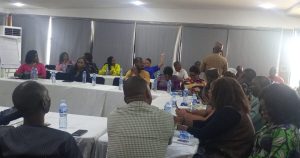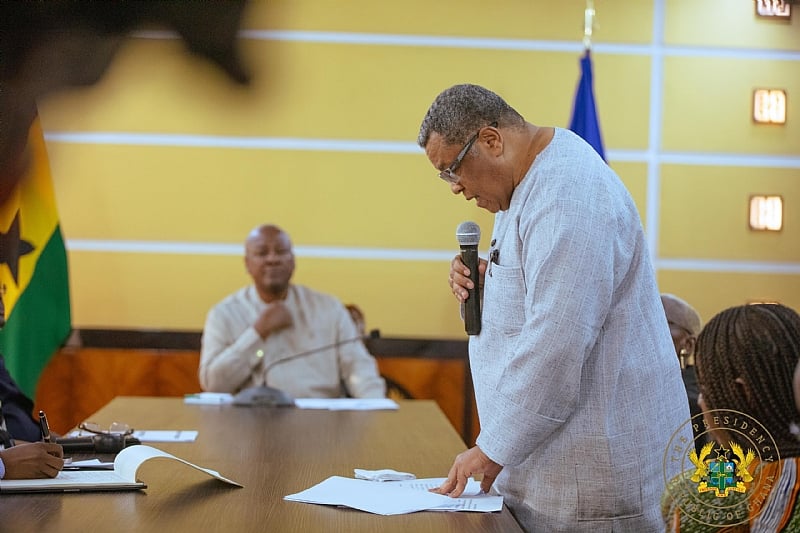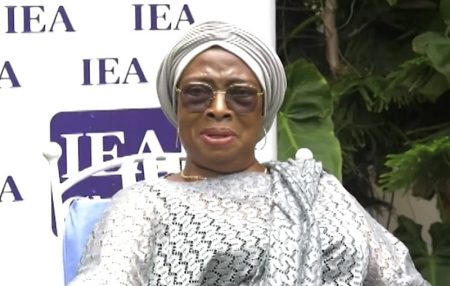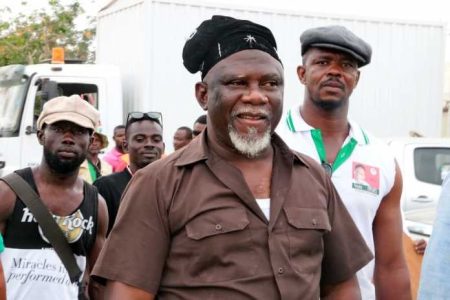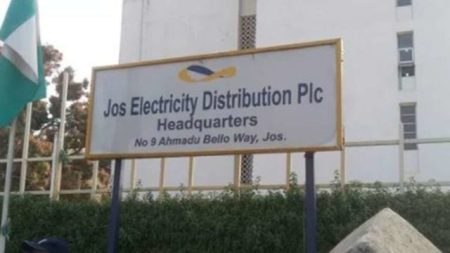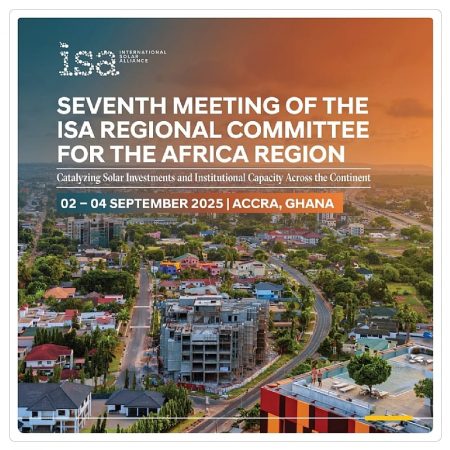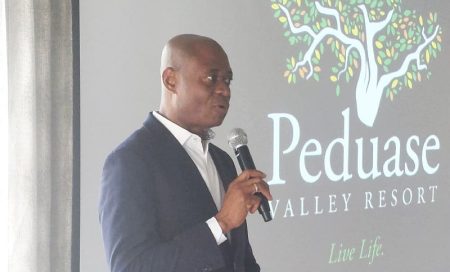The Ghanaian government is embarking on a 24-hour economy initiative aimed at stimulating economic growth, boosting productivity, and creating more jobs. This initiative is not solely focused on essential public services like healthcare, transportation, and security, but also aims to create a conducive environment for private businesses to extend their operational hours beyond the traditional workday. The government recognizes the private sector as the driving force behind Ghana’s economy and views its active participation as crucial to the success of this ambitious plan. Presidential Advisor on the 24-hour Economy Initiative, Mr. Goosie Tanoh, emphasized the government’s commitment to supporting businesses of all sizes – small, medium, and large – in leveraging the opportunities presented by this new economic shift. This support will manifest in the form of incentives, infrastructure development, and robust security systems to facilitate round-the-clock operations.
The 24-hour economy initiative was a key topic of discussion at the Central Expo 2025 business forum held in Cape Coast. This annual event serves as a platform to showcase the Central Region’s economic potential, attracting investors and exhibitors from various sectors. This year’s theme, “Unlocking Business Opportunities in the Central Region,” reflects the expo’s broader goal of driving economic growth and development within the region. The expo facilitated networking opportunities, business forums, and showcased the region’s trade, tourism, and investment prospects. It also aligned with the Central Regional Coordinating Council’s (CRCC) Regional Development Strategy and Transformative Agenda, further emphasizing the commitment to harnessing the region’s untapped resources. The expo aims to promote domestic tourism, attract private sector investments, create employment opportunities, and empower young entrepreneurs.
Mr. Tanoh highlighted the potential benefits of the 24-hour economy for various sectors, including manufacturing, hospitality, retail, logistics, and digital commerce. He urged stakeholders to collaborate and contribute towards transforming the Central Region into a primary driver of Ghana’s future economic growth. The expo, he emphasized, should be more than just an event; it should be a catalyst for change, driving tangible improvements in the local economy. He also addressed concerns raised by some businesses regarding the cost of electricity and security, assuring them that ongoing consultations between the government and industry players would address these issues and ensure that the 24-hour economy creates inclusive opportunities for all businesses, not just large corporations.
The initial reactions to the 24-hour economy initiative have been mixed. While some business owners welcomed the move, recognizing the potential for increased production and expanded customer base, others, particularly small business operators and traders, expressed concerns. These concerns primarily revolved around the potential increased costs associated with extended operating hours, specifically electricity costs, staffing requirements for additional shifts, and safety concerns about operating at night. They called upon the government to provide targeted support to ensure that the benefits of the 24-hour economy are distributed equitably and don’t disproportionately favor larger corporations. Abigail Hanson, manager of a hair growth product company from Abura Dunkwa, exemplified the optimistic perspective, stating that with guaranteed power supply and security, businesses could increase shifts and create more jobs.
The government’s proposed 24-hour economy initiative for Ghana presents both opportunities and challenges. While it holds the promise of accelerating economic growth, creating jobs, and boosting productivity, its success hinges upon addressing the concerns of smaller businesses. The government’s assurances of support, including addressing electricity costs and security concerns, are crucial to ensuring that the initiative benefits businesses of all sizes and contributes to inclusive economic growth. The ongoing dialogue between the government and industry players is essential to fine-tuning the policy and creating a framework that fosters a thriving 24-hour economy while mitigating potential risks. The Central Expo served as a vital platform for these discussions, highlighting the importance of collaboration and open communication in shaping the future of Ghana’s economy.
The Central Regional Minister, Mr. Ekow Panyin Okyere Eduamoah, echoed the call for collaboration, urging all businesses to work closely with the CRCC to ensure the region’s development and realizes the full potential of this initiative. The success of the 24-hour economy will depend on the government’s ability to create a supportive environment that addresses the practical concerns of businesses, particularly SMEs, while fostering innovation and promoting sustainable growth. This requires a multi-pronged approach, including targeted support, infrastructure development, and robust security measures. The ultimate goal is to create a vibrant and inclusive 24-hour economy that benefits all stakeholders and contributes to Ghana’s overall economic prosperity.


